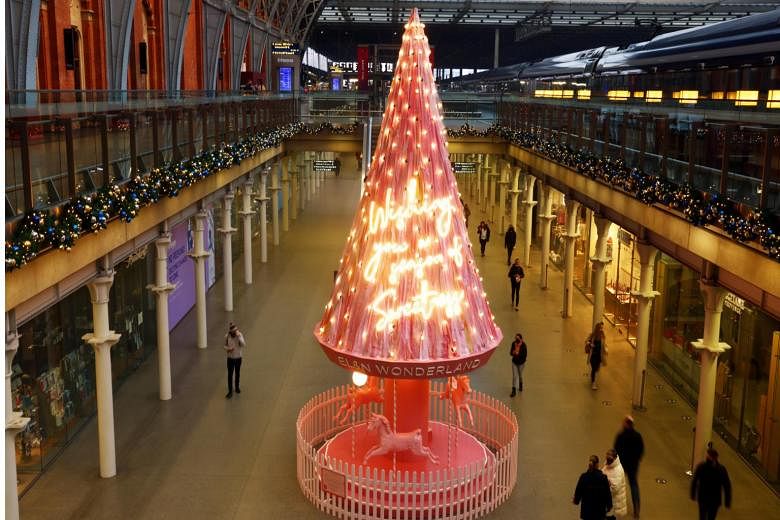(FINANCIAL TIMES) - We said our goodbyes to my mother on Christmas Eve, 1996. She had died earlier in December after a long and painful illness, but when the end came it was sudden.
It can't have been straightforward to arrange a funeral service on Christmas Eve, the churches being put to other uses, but somehow my father managed it; the children's stockings were filled as well. I think I speak with some knowledge of what does or does not ruin Christmas.
Already a subscriber? Log in
Read the full story and more at $9.90/month
Get exclusive reports and insights with more than 500 subscriber-only articles every month
ST One Digital
$9.90/month
No contract
ST app access on 1 mobile device
Unlock these benefits
All subscriber-only content on ST app and straitstimes.com
Easy access any time via ST app on 1 mobile device
E-paper with 2-week archive so you won't miss out on content that matters to you

